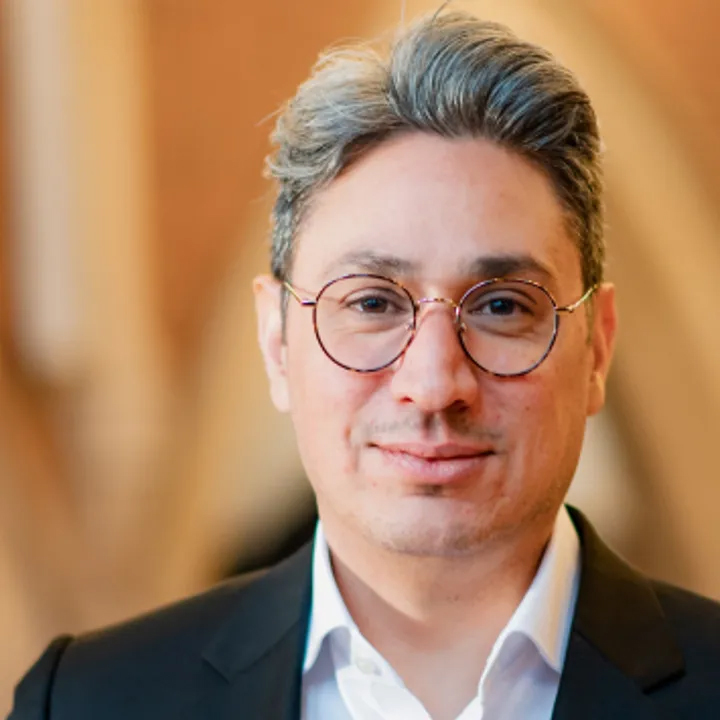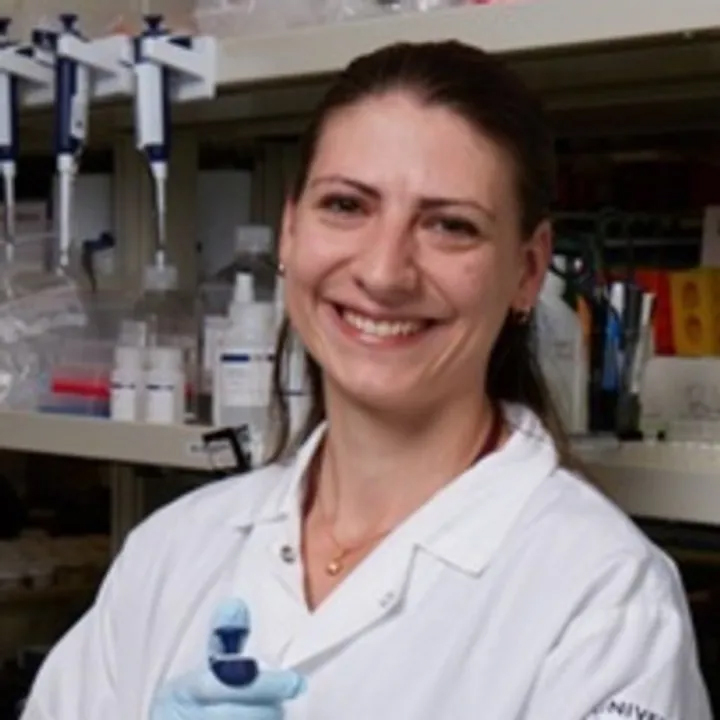
Our current research projects sit within the following areas: Clinical Biomarkers, Neuroimaging (in parallel with LiMRIC), Neuro-Cognitive Sequelae (with Cognitron), Outcome Measures and Prediction (with GNRC), and 3D Blood-Brain Barrier Model (dynamic flow, in parallel with Murine Models).
The facility is optimally located to access both clinical data and biosamples from NHS patients in The Walton Centre and LUHFT, capitalising on the established ethical approval and DTA/MTAs including cerebrospinal fluid, brain tissue, and blood.
The capabilities and expertise provided by the Clinical Neuroscience Facility are not otherwise available elsewhere in the University and, consequently, have led to several local, national, and international collaborations.
What the Clinical Neuroscience Facility can be used for
The facility uses the following techniques as well as sample curation (e.g. cerebrospinal fluid, brain biopsies).
Quanterix Simoa
A highly sensitive digital ELISA platform using Single Molecule Array (Simoa) technology to detect low-abundance biomarkers.
How can it be used?
Ultra-sensitive biomarker quantification, early disease detection, drug monitoring, neuroscience research. Common brain injury markers detected: NfL, GFAP, UCH-L1 and total-Tau.
Maestro Edge Microelectrode Array (MEA) System
An electrophysiology platform recording neural activity from cell cultures via a grid of microelectrodes.
How can it be used?
Assessing neuronal functionality, drug testing, and studying neural networks.
PBMC Isolation
Isolation of peripheral blood mononuclear cells (PBMCs) from whole blood using density gradient centrifugation.
How can it be used?
Studying immune responses and disease mechanisms in immunology and cell-based assays.
3D Dynamic Flow Blood-Brain Barrier Model
A biomimetic model that simulates the blood-brain barrier with dynamic flow to replicate in vivo conditions. Co-culture of endothelial cells and brain cells in separate but connected channels.
How can it be used?
Drug permeability studies, neurotoxicity assessments, neurovascular interactions under physiologically relevant conditions.
RT-qPCR
Real-time quantitative PCR for amplifying and quantifying DNA or RNA sequences in real time. Green and red fluorescence available.
How can it be used?
Gene expression analysis, pathogen detection, RNA quantification in research and clinical diagnostics.
ELIspot
Enzyme-linked immunospot assay that detects cytokine secretion from individual cells.
How can it be used?
Vaccine development, immunology research, monitoring immune responses at the cellular level.
ELISA
Enzyme-linked immunosorbent assay to detect and quantify proteins, peptides, antibodies, and hormones.
How can it be used?
Diagnostics, biomarker detection, biological sample validation in immunology and infectious disease.
Flow Cytometry
Analyses size, granularity, and protein expression of cells or particles as they pass through a laser.
How can it be used?
Phenotyping and analysing heterogeneous cell populations.
Neuro-antibody Screening Platform
Platform for screening antibodies related to neural antigens involved in neuroimmune interactions.
How can it be used?
Identifying neuro-specific antibodies, supporting neurological disorder and autoimmunity research.
Who can use our facilities
- University of Liverpool academic staff
- Liverpool University Hospital NHS FT clinical staff
- The Walton Centre NHS FT clinical staff
- Liverpool Tropical School of Medicine academic staff
- Researchers from other universities/ research institutions
- Industrial research partners.
Previous collaborations
- Liverpool Tropical School of Medicine – Professor Saye Khoo
- The Walton Centre and the University of Liverpool – Professor Tony Marson and Professor Simon Keller
- School of Veterinary Science at the University of Liverpool – Professor Paul Lunn
- CHIL at the University of Liverpool – Professor Iain Buchan
- University of Manchester – Dr James Lilleker and Dr Katy Dodd


